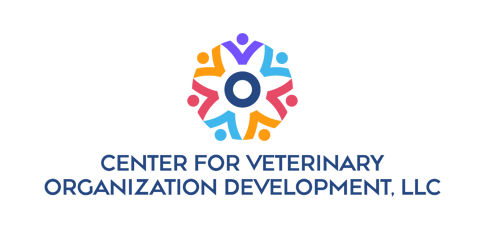Frequently asked questions
What is leadership and why is it important?
Effective leaders influence others’ beliefs and behaviors. The effectiveness of leaders is impacted by a number of variables including the leader’s knowledge, skills and abilities (KSAs), their leadership style, and the context. Development of leaders based on accurate assessments can positively impact both leader's and employees’ attitudes and motivation, which is linked to improved organizational performance.
Why is employee engagement important?
There are many complex and dynamic factors influencing employees’ attitudes and behaviors. However, it’s critical to accurately assess and improve these attitudes, such as satisfaction and commitment, because positive attitudes are linked with less turnover, increased levels of extra-role behavior, and improved performance.
What's included in the newsletter?
Newsletters include content on a variety of topics within I/O Psychology and Organization Development, including leadership, employee engagement, work motivation, and organization effectiveness.
What is Industrial/Organizational (I/O) Psychology?
I/O psychology is an applied psychology field that relies on theoretical principles in behavioral science research and valid measurement tools (i.e. assessments) to determine an individual and/or organization’s current state in areas such as leadership, emotional intelligence, and motivation; and develop appropriate interventions to improve organizational performance. See siop.org for more information.
What's an assessment?
Valid and reliable assessments are developed through a rigorous scientific process that includes extensive development and field testing to ensure the test measures the desired variable. Norm-referenced assessments, such as leadership and emotional intelligence tests, are developed to evaluate an individual’s performance relative to a sample of the population, and based on many relevant factors including age, demographics, and ethnicity.
What is involved with coaching?
Coaching is future-oriented, and focuses on empowering the client to achieve goals through sustained change. Several factors influence the coaching process and its outcomes, such as identifying and addressing barriers, context, client’s motivation to change, and the qualifications of the coach. Potential outcomes of coaching include increased self-awareness, personal/professional development, autonomy, and improved performance.
What is Organization Development?
Organization Development (OD) is a systems thinking approach to increasing the effectiveness and health of organizations. Assessments focus on an organization's culture, strategies, goals, processes. Successful development of organizations requires support from management and employees. See odnetwork.org for more information.
